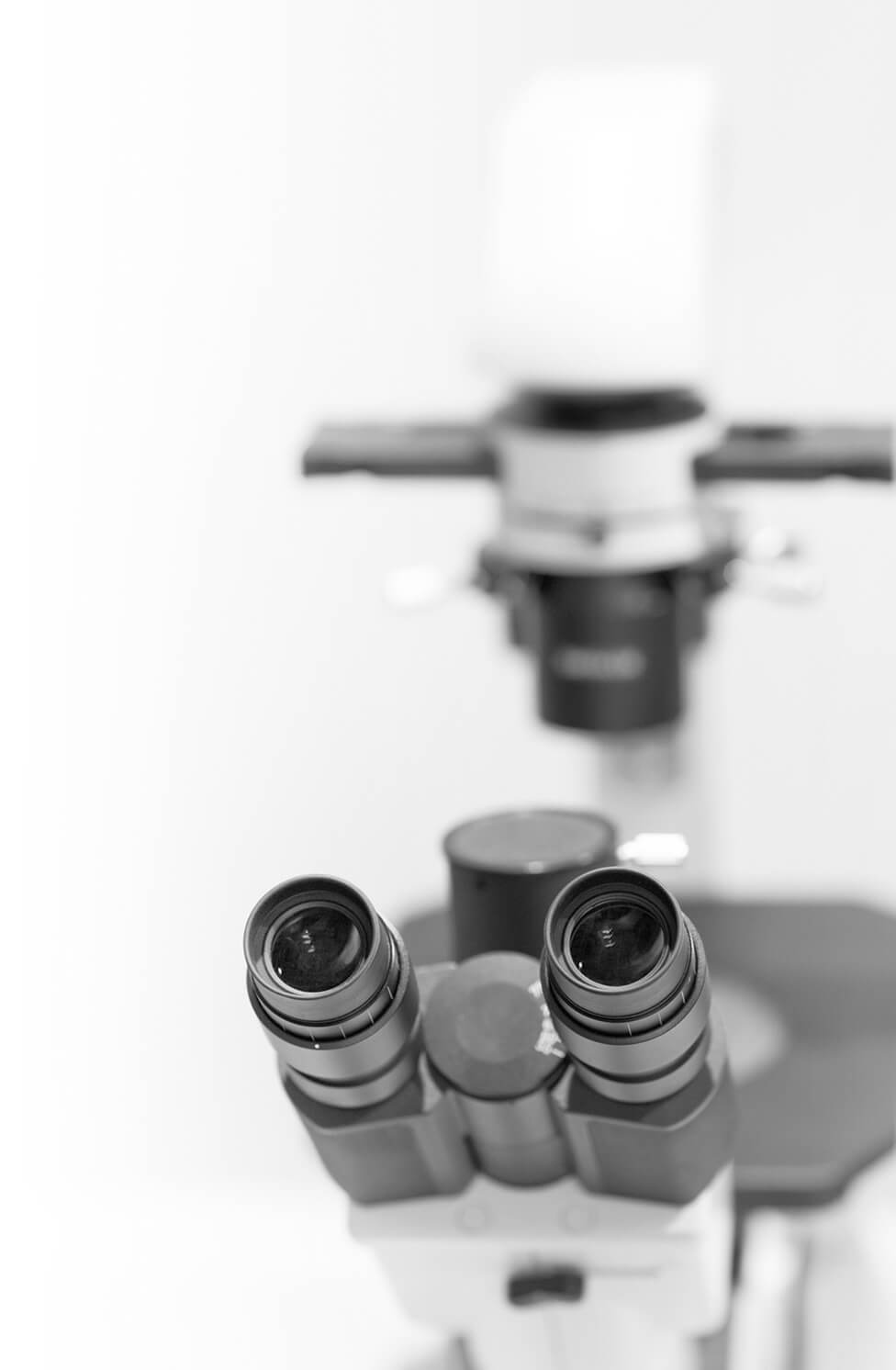What is Regenerative Medicine (Cell Therapy)?
Regenerative medicine is a field of medicine in which normal function is either established or restored through the replacement or regeneration of human tissue, cells, or organs. This rapidly advancing field of medicine addresses functional issues stemming from congenital defects as well as acute or cumulative damage to the tissue, cells, or organs in question.
The field of regenerative medicine features elements originating from a variety of subject areas, including, but not limited to, biochemistry, biomechanics, cell transplantation, nanotechnology, stem cell biology, and tissue engineering. Regenerative medicine draws on each of these elements to develop processes for the creation of living tissues capable of restoring lost function and stimulating the healing process.
In essence, regenerative medicine stimulates healing from within, mainly through the activation of the body’s natural cellular resources. While there are a number of therapies that might be categorized as a regenerative therapy, stem cell therapies are believed to hold the key to activating the healing process at the cellular level to address issues associated with blood vessels, bones, muscles, nerves, and tendons.
What are the tools of regenerative medicine?
Medical issues can be treated with any number of tools, such as the medications that limit the effects of a disease to such a degree that the body is able to repair itself through normal healing processes. In the field of regenerative medicine, hormone replacement therapies strengthen and work in conjunction with the immune system in order to repair the tissues damaged or otherwise injured because of an existing disease or condition. As more and more research becomes available, treatment for degenerative diseases will increasingly rely on identifying the genetic defects responsible for the patient’s condition.
Of course, stem cell therapies hold a great deal of promise in the treatment of any number of medical conditions. Due to a system of molecules called cytokines (these protein-signaling molecules are often referred to as “growth factors” as well), stem cells possess incredible versatility. The use of cytokines in conjunction with stem cells is one of the most rapidly
evolving areas of regenerative medicine, and the continued development of these tools will play a significant role in the future of the regenerative medical field.

